We would all like it to be true: a delicious, local sugar that would be "good for us." For the past few years, maple...
Search in blog
Blog categories
Popular posts
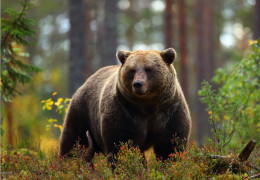
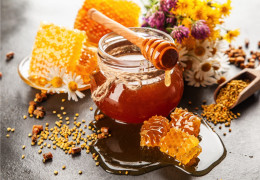
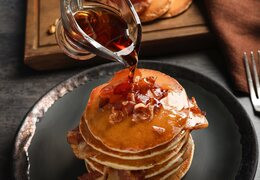


Latest posts
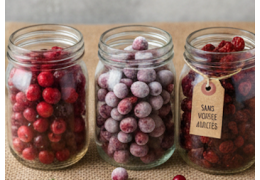
We often see it as a simple addition to our turkey dinners or as a little touch of sweetness in our muffins. Yet, the...
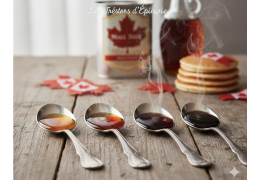
We've all done the same thing: added the first bottle of maple syrup that popped up, thinking, "Maple is maple." Wrong!
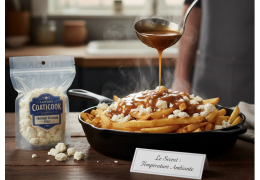
Do you have real Canadian cheese curds in your freezer? That's the key to an authentic poutine, no matter where you...
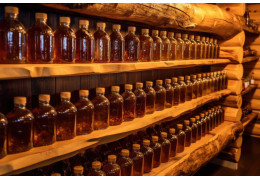
Maple syrup is a staple in Quebec, French, and North American cuisines. But one question often comes up after...

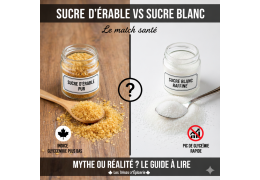


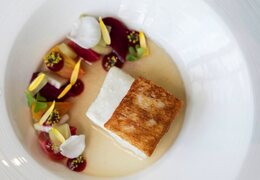

Leave a comment
Log in to post comments